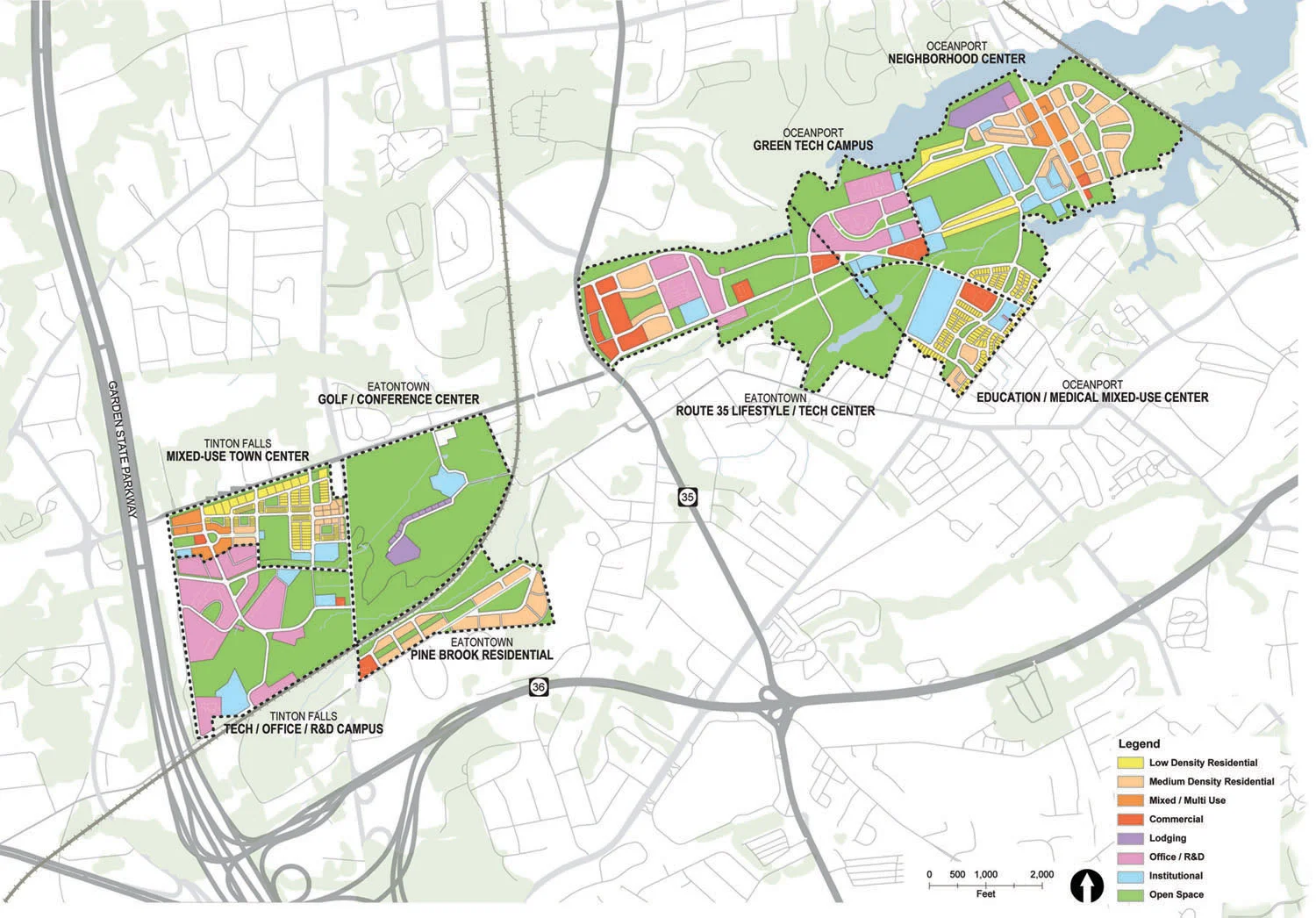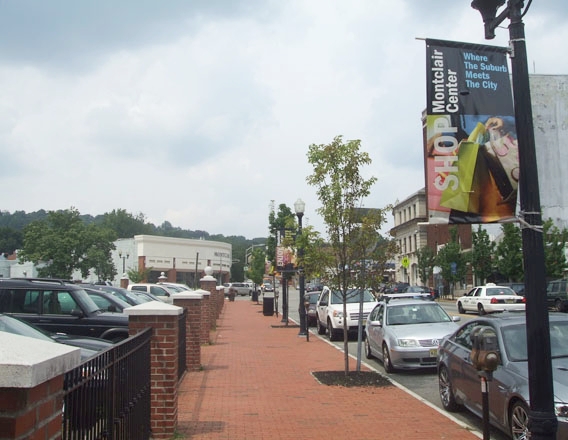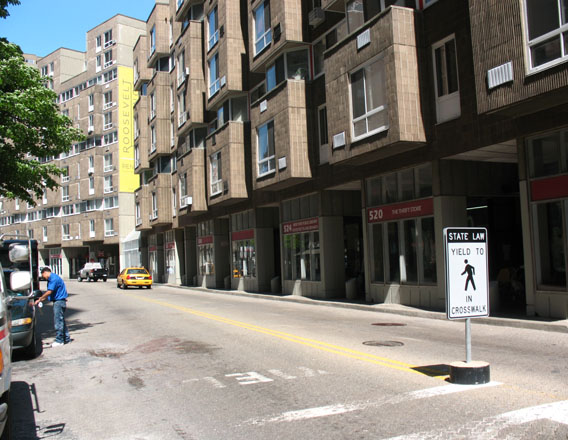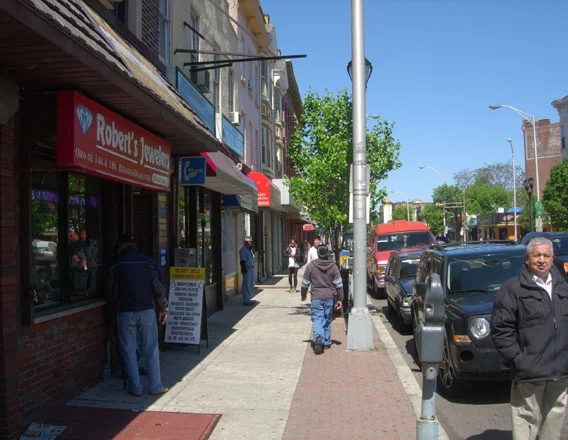Client: New Jersey Meadowlands Commission (NJMC)
Overview
In 2004, the NJMC adopted the Secaucus Transit Village Redevelopment Plan to encourage a transit-oriented mixed-use development in the area surrounding the Secaucus Junction train station. At the same time, a new interchange on the New Jersey Turnpike at Secaucus Junction greatly enhanced the value of the existing warehouse and manufacturing facilities in the area. After years of inactivity in the Station Square district, NJMC retained Phillips Preiss to analyze and recommend potential amendments to the Redevelopment Plan to stimulate redevelopment. The study concluded that a substantial increase in allowable residential densities will be necessary to provide sufficient economic incentive for existing industrial property owners to redevelop.







































